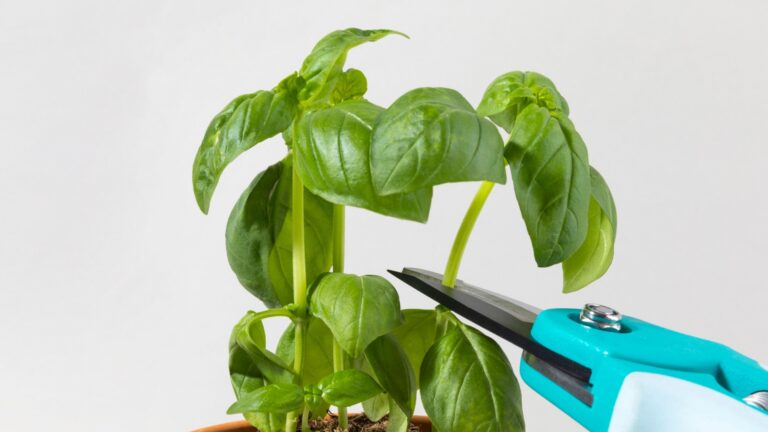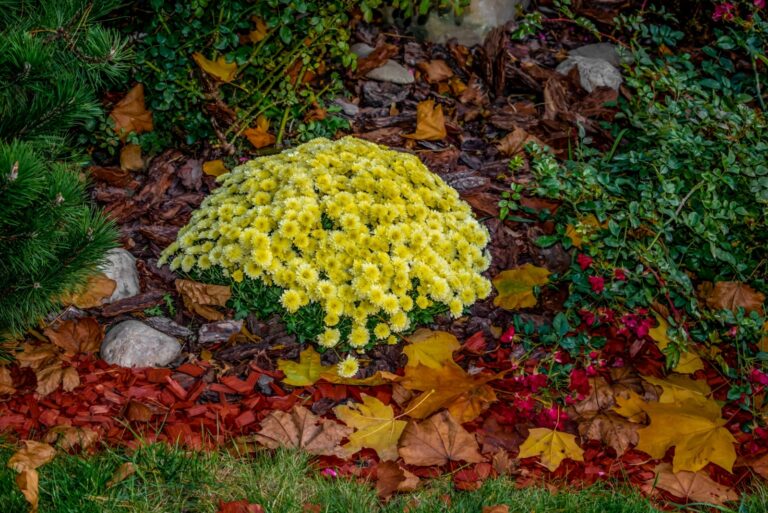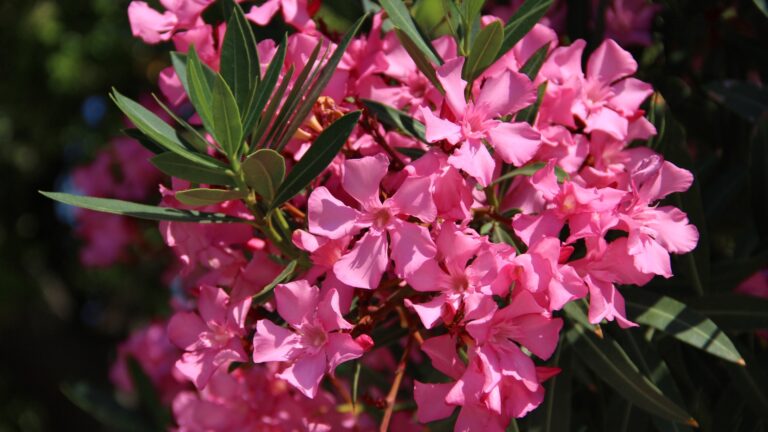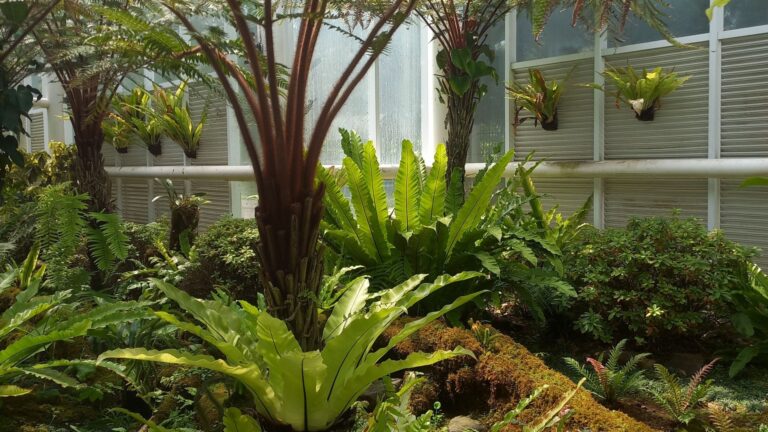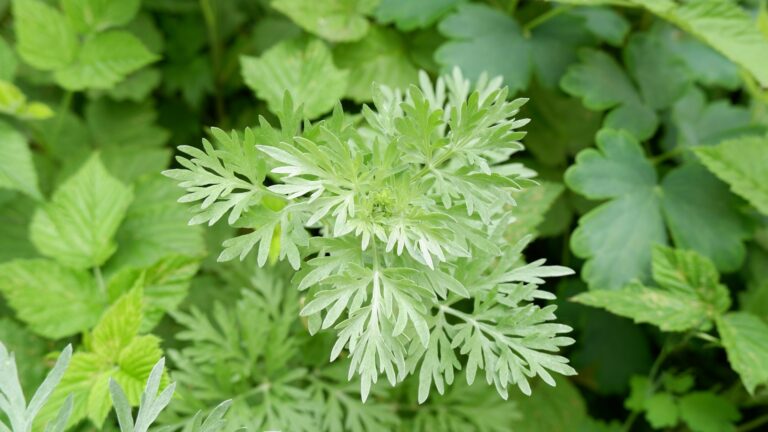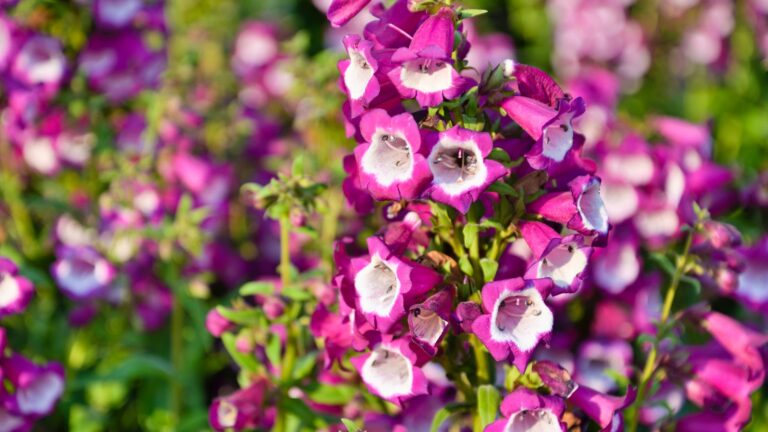Soil Fixes Pennsylvania Gardeners Use In Fall For Better Spring Planting
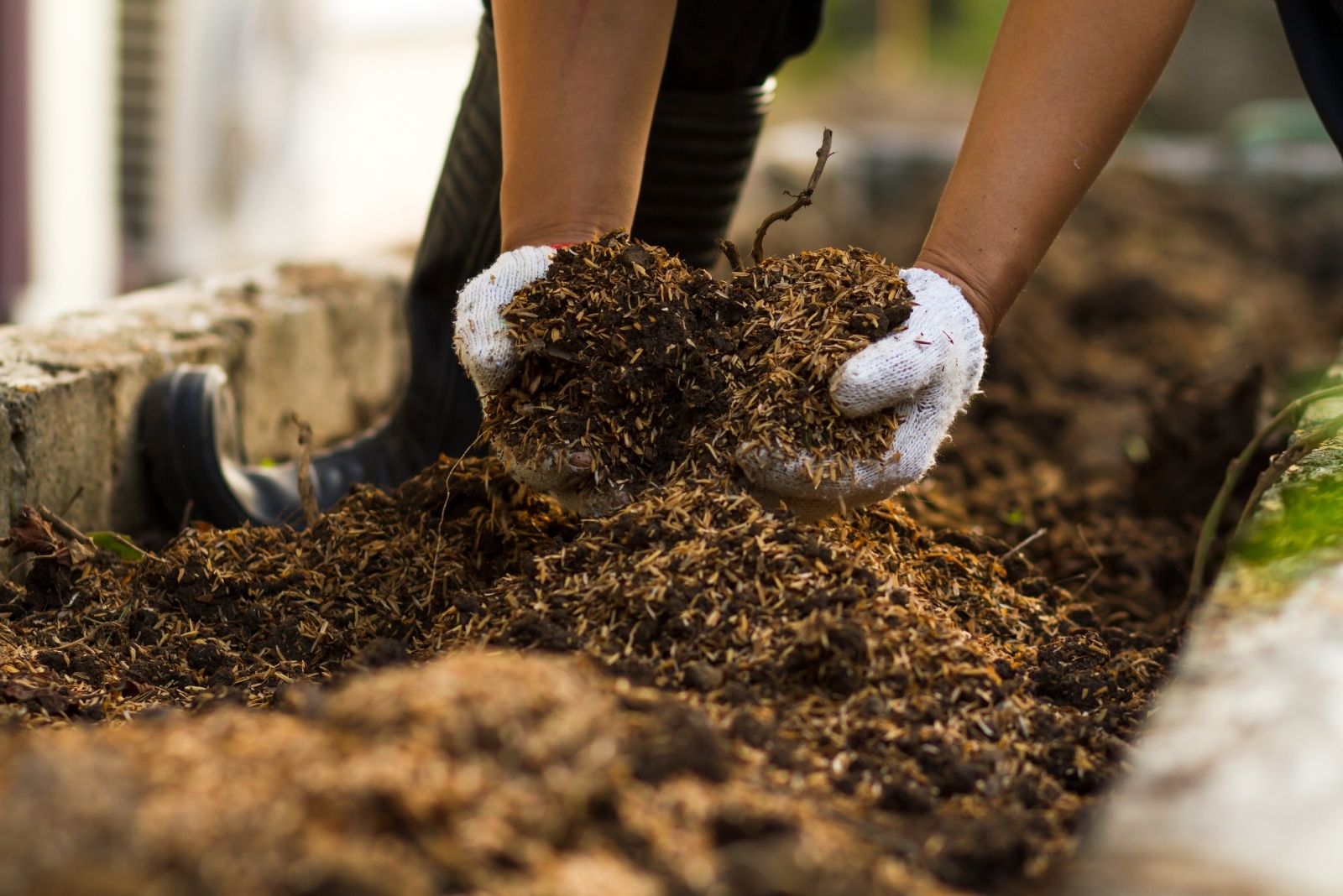
Fall is a prime season for Pennsylvania gardeners to set the stage for spring. With cooler temps and softer soil, it’s easier to work the land and make lasting improvements.
A little effort now can save you hours come planting time. Clay-heavy soil in our region responds well to autumn amendments like compost and leaf mold. These materials break down slowly over winter, enriching the soil from the inside out. It’s nature’s way of prepping for next year’s growth.
By focusing on your garden’s foundation now, you’re investing in healthier plants and fewer headaches later. Think of it as quiet groundwork for a vibrant, low-maintenance spring.
1. Test Before You Invest
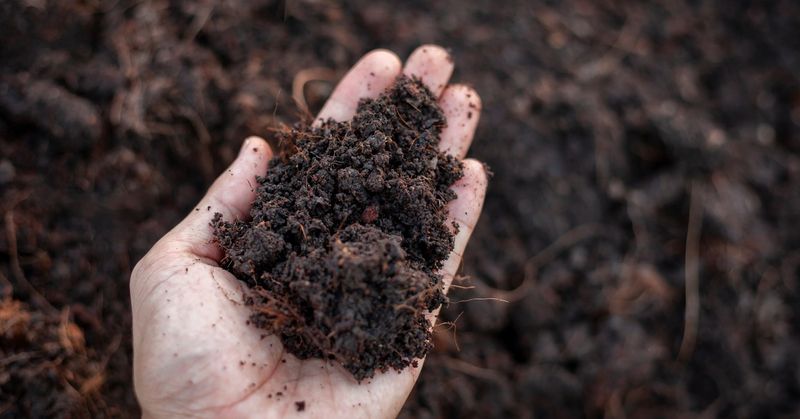
Getting your soil tested through Penn State Extension provides a roadmap for exactly what your garden needs.
Most Pennsylvania soils tend toward acidity, so knowing your pH level helps determine what amendments to add. Fall testing gives amendments months to integrate before spring planting begins. For under $20, you’ll receive specific recommendations tailored to your soil’s unique profile.
My neighbor in Lancaster County swears this single step transformed her vegetable garden after years of disappointing harvests.
2. Leaf Mulch Magic
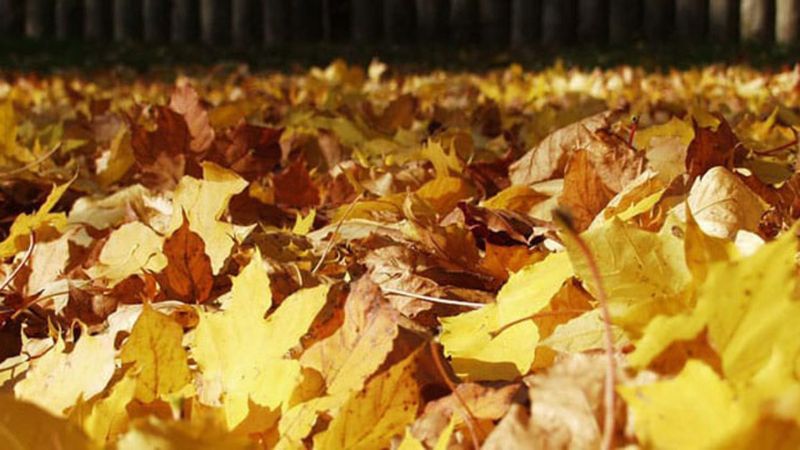
Those fallen leaves covering Pennsylvania yards aren’t yard waste—they’re garden gold! Shredding them with a mower creates perfect mulch that slowly decomposes through winter, adding valuable organic matter to the soil.
Apply a 3-4 inch layer around perennials, trees, and in empty vegetable beds. The decomposition process improves soil structure while protecting roots from our harsh freeze-thaw cycles.
A gardening friend in Erie collects neighbors’ bagged leaves each fall, calling it her “free soil improvement program.”
3. Green Manure Growing
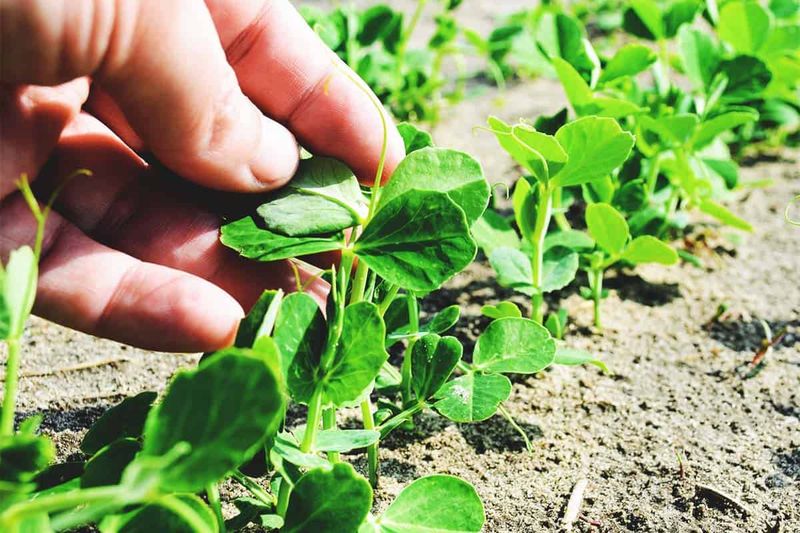
Planting cover crops like winter rye, hairy vetch or crimson clover protects bare soil while adding nutrients. These hardy plants thrive in Pennsylvania’s cooling fall temperatures and continue growing roots even as temperatures drop.
The living roots prevent erosion during winter storms while loosening compacted soil layers. Come spring, simply turn them under a few weeks before planting.
Working with cover crops transformed my heavy clay garden in Pittsburgh’s North Hills into something workable within just two seasons.
4. Compost Now, Reap Later
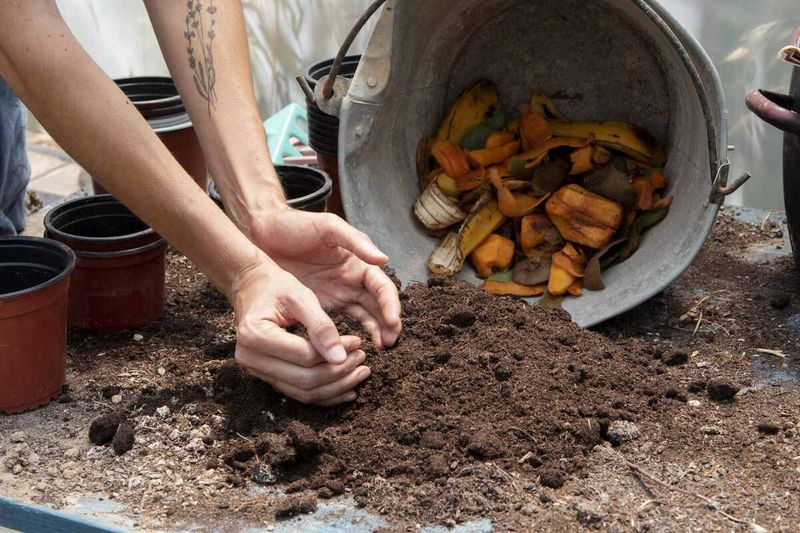
Fall application gives compost time to integrate with soil before spring planting begins. Spread a 2-3 inch layer over beds, working it lightly into the top few inches where possible.
The freezing and thawing cycles of Pennsylvania winters actually help incorporate these amendments naturally. Beneficial microorganisms will slowly process this organic matter, creating nutrient-rich planting zones.
Each fall I add compost to my raised beds in Chester County, and by spring the soil practically crumbles between my fingers.
5. Balancing Act: PH Adjustment
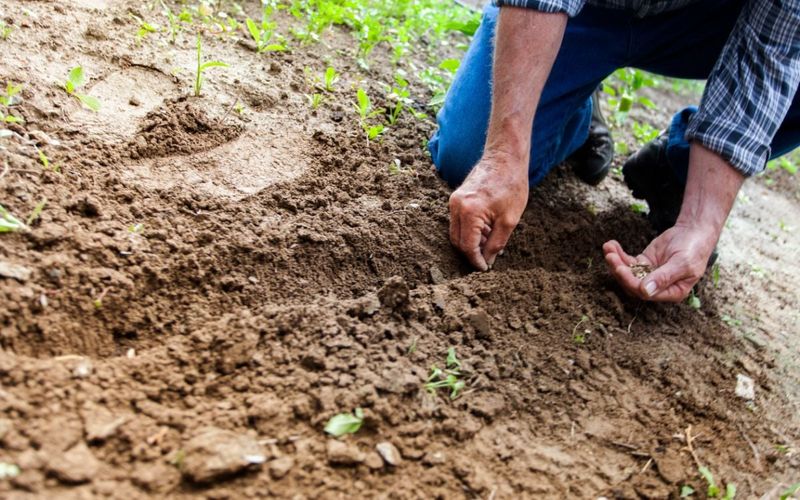
Many Pennsylvania gardens lean acidic, requiring lime application to neutralize soil for spring vegetables. Fall application gives lime the months it needs to actually change soil chemistry before planting time.
For acid-loving plants like blueberries or rhododendrons, sulfur might be needed instead. The key is knowing your starting point through testing.
Gardeners in the Pocono region often need significant lime applications due to naturally acidic forest soils in that part of our state.
6. Deep Loosening Without Tilling
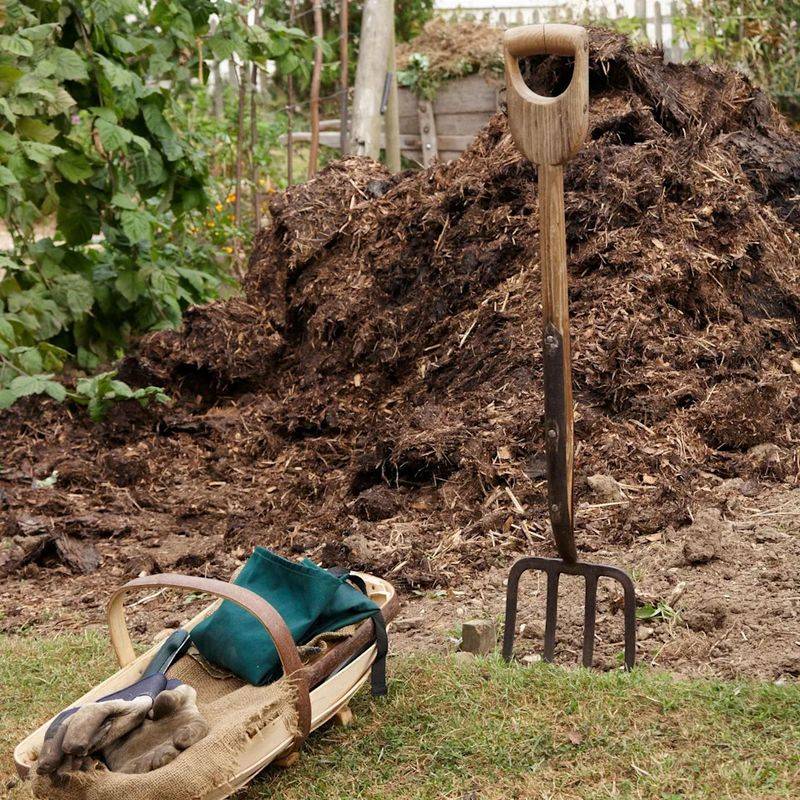
Using a garden fork to aerate compacted areas gives Pennsylvania’s clay-heavy soils room to breathe without destroying soil structure. Simply push the fork in and gently rock it back and forth every few inches across the bed.
This creates pathways for air, water and roots without bringing weed seeds to the surface. The winter freeze-thaw cycle will further break up compacted areas naturally.
An older gardener in Bucks County taught me this technique, explaining that it preserves earthworm populations that conventional tilling destroys.
7. Biochar: The Long-Term Solution
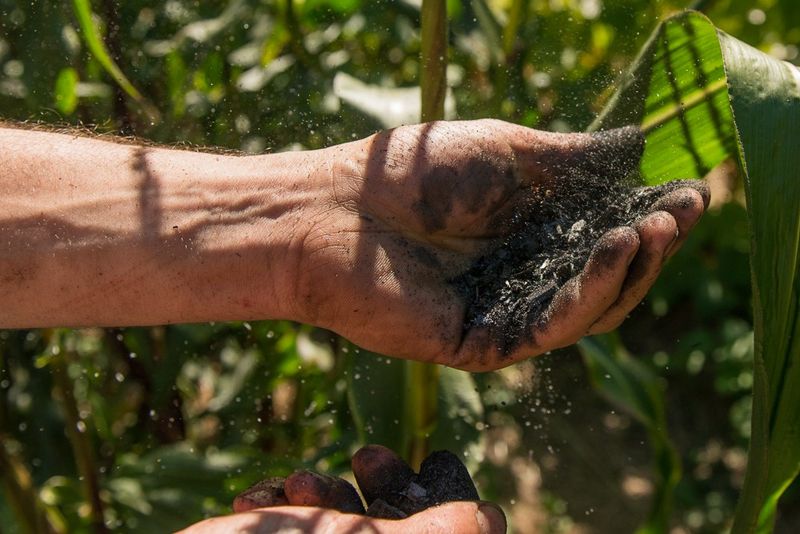
This charcoal-like substance creates permanent soil structure improvement, unlike amendments that decompose completely.
Pennsylvania gardeners are increasingly adding biochar in fall, giving it time to charge with nutrients before spring planting. Mix it with compost before application, as raw biochar can temporarily bind nutrients. Once established in your soil, it continues working for decades.
Several community gardens in Philadelphia have documented significant yield improvements after fall biochar applications, especially in urban areas with poor starting soil.

